The Chicago Forum for Free Inquiry and Expression hosted a discussion on the topicality of the Kalven Report amid the Trump administration’s growing hostility toward universities on February 18. The event, titled “The Unfinished Business of the Kalven Report,” featured a conversation between Forum executive director Tony Banout and Jamie Kalven, founding executive director of the Invisible Institute and son of First Amendment scholar Harry Kalven, Jr. (A.B. ’35, J.D. ’38), who chaired the faculty committee that drafted the Report.
The Kalven Report, published in 1967, argues for institutional neutrality wherein the University does not take a stance on political and social questions unless its core interests are threatened.
“The instrument of dissent and criticism is the individual faculty member or the individual student. The university is the home and sponsor of critics; it is not itself the critic,” the Report reads. “The neutrality of the university as an institution arises… out of respect for free inquiry and the obligation to cherish a diversity of viewpoints.”
The Report was written by an appointed UChicago faculty committee led by Law School professor Harry Kalven. After Harry Kalven’s passing in 1974, his son Jamie Kalven completed his manuscript on the intellectual history of the First Amendment, absorbing Harry Kalven’s ideas on the First Amendment in the process. The manuscript was published in 1998 as a book titled A Worthy Tradition: Freedom of Speech in America.
Central to the event was a discussion on Kalven’s recent op-ed in the Chicago Tribune, titled “Is it time for the University of Chicago to abandon cherished neutrality and join the fight?”
In the piece, Kalven argued that the Report has “hardened into institutional dogma, invoked again and again, in the view of its critics, not to ensure space for vigorous discussion about possible exceptions that would overcome the presumption against collective action but to shut such discussion down.”
For Kalven, such dogmatism will prevent the University from responding appropriately to the Trump administration. “It would be delusional not to recognize that they’re [the Trump administration] coming full force for higher education,” Kalven said at the event. “It would be beyond ironic at this point if the Kalven Report, given its commitment to sort of fearless, open discourse, provided ‘principled’ cover for people not to confront what threatens higher education at the moment.”
Under the Trump administration, the NIH reduced its indirect-cost rate, which is the percentage of funding that institutions can use to cover indirect costs associated with research. It is “vital to ensure that as many funds as possible go towards direct scientific research costs rather than administrative overhead,” the official NIH statement reads.
Trump also signed an executive order prohibiting DEI initiatives for federally funded institutions. The order states that “it enforces long-standing federal statutes and faithfully advances the Constitution’s promise of colorblind equality before the law.”
“There is a multi-pronged, sustained, fierce, heedless effort that is now building to enforce a censorship regime, basically to determine the parameters of permissible discourse,” Kalven said.
Kalven went on to argue the importance of the obligation clause in the Report, which states that “from time to time instances will arise in which the society, or segments of it, threatens the very mission of the University and its values of free inquiry. In such a crisis, it becomes the obligation of the University as an institution to oppose such measures and actively to defend its interests and its values.”
“A paragraph of obligation seems to be what’s central in the Report, and it was something that people would have just passed over before and not seen this as the heart of it,” Kalven said.
Banout and Kalven also discussed the role of tradition and the Kalven Report more broadly.
“I would make a distinction between sort of the dead hand of tradition… and a living tradition, which I take to be an argument about the content of what the tradition is,” Kalven said. “Argument is fundamental, both for continuously testing and refining the norm, but also for acculturating and socializing people into the tradition.”
Kalven questioned whether the Kalven Report and its principles on institutional neutrality truly represent a living tradition. “I think neutrality has been a really problematic term,” he said, suggesting that “institutional silence” may be a more appropriate term.
“By institutional silence you create space… for people to think their own thoughts, speak their own thoughts, [and] be robustly engaged,” Kalven said. “And so I’m not sure what you call that, but ‘neutrality’ doesn’t feel right. It feels to me like a profound institutional commitment to creating the conditions for the most free and robust and uninhibited discourse about important matters.”
Banout ended the discussion by asking Kalven what universities across the country can do at the moment.
“I think it’s very much up for grabs,” Kalven said. “I don’t presume to have answers to all the specific questions that are going to confront university communities and university leadership. I think the thing that’s critically important right now is that we have to work together to achieve a degree of diagnostic clarity about what’s happening.”
“Part of what leadership means for [the] University and for voices within the University, for the Forum right now, is to speak out forcefully in order to embolden others and create space for others to speak,” Kalven concluded.



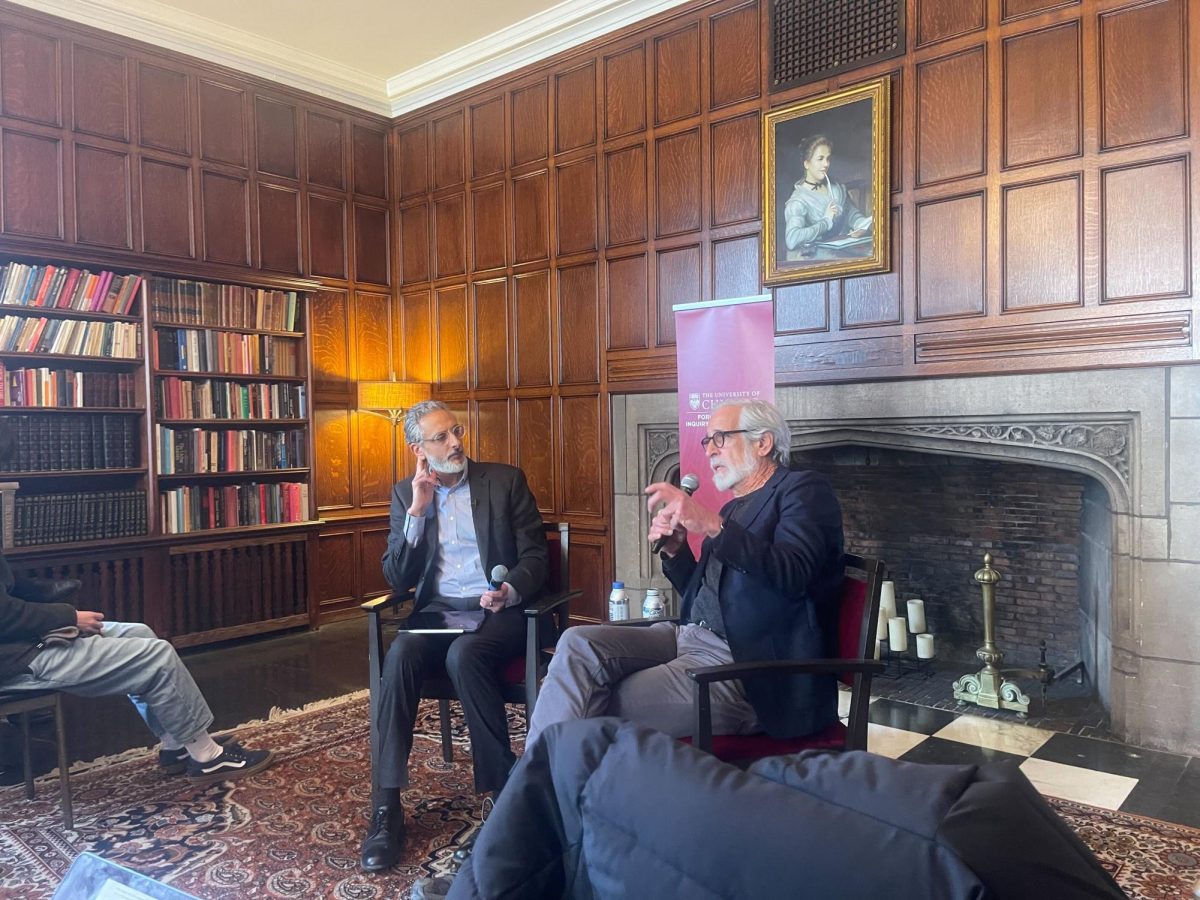
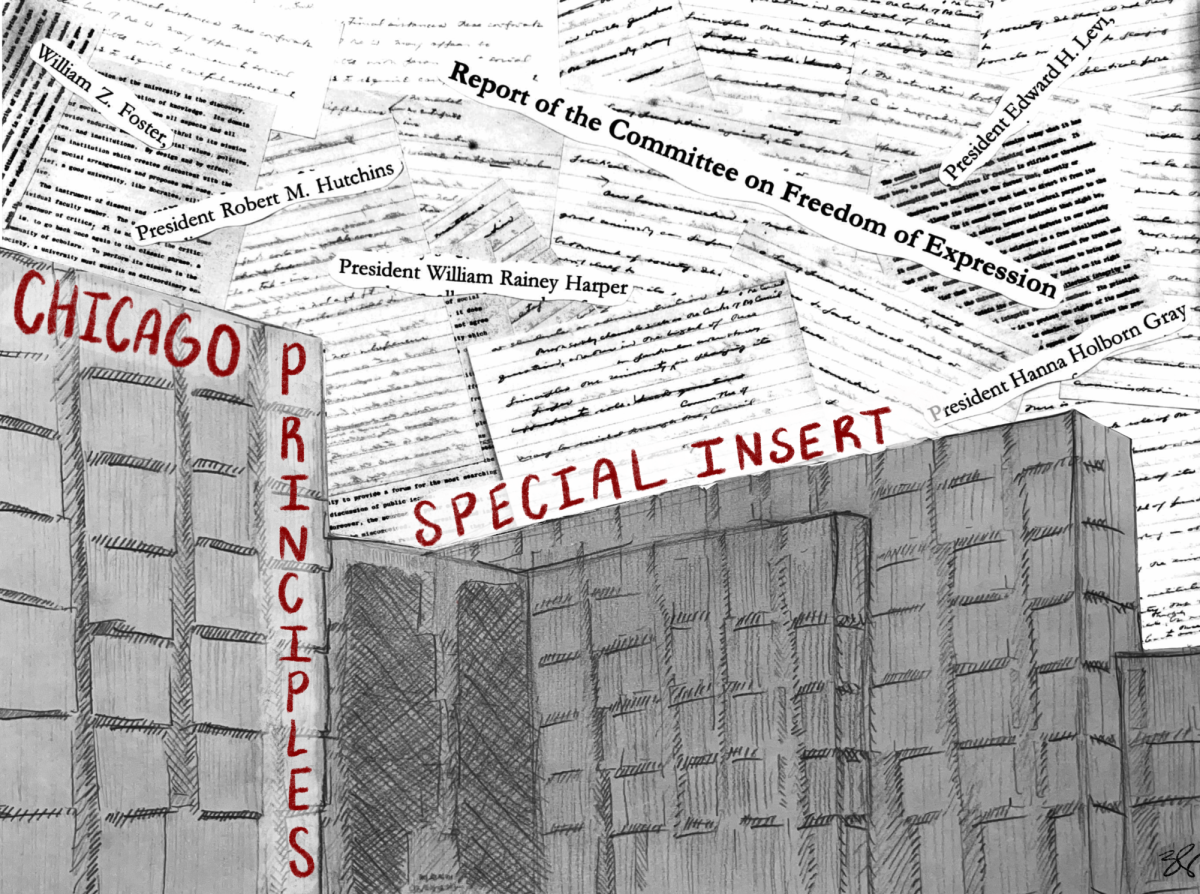
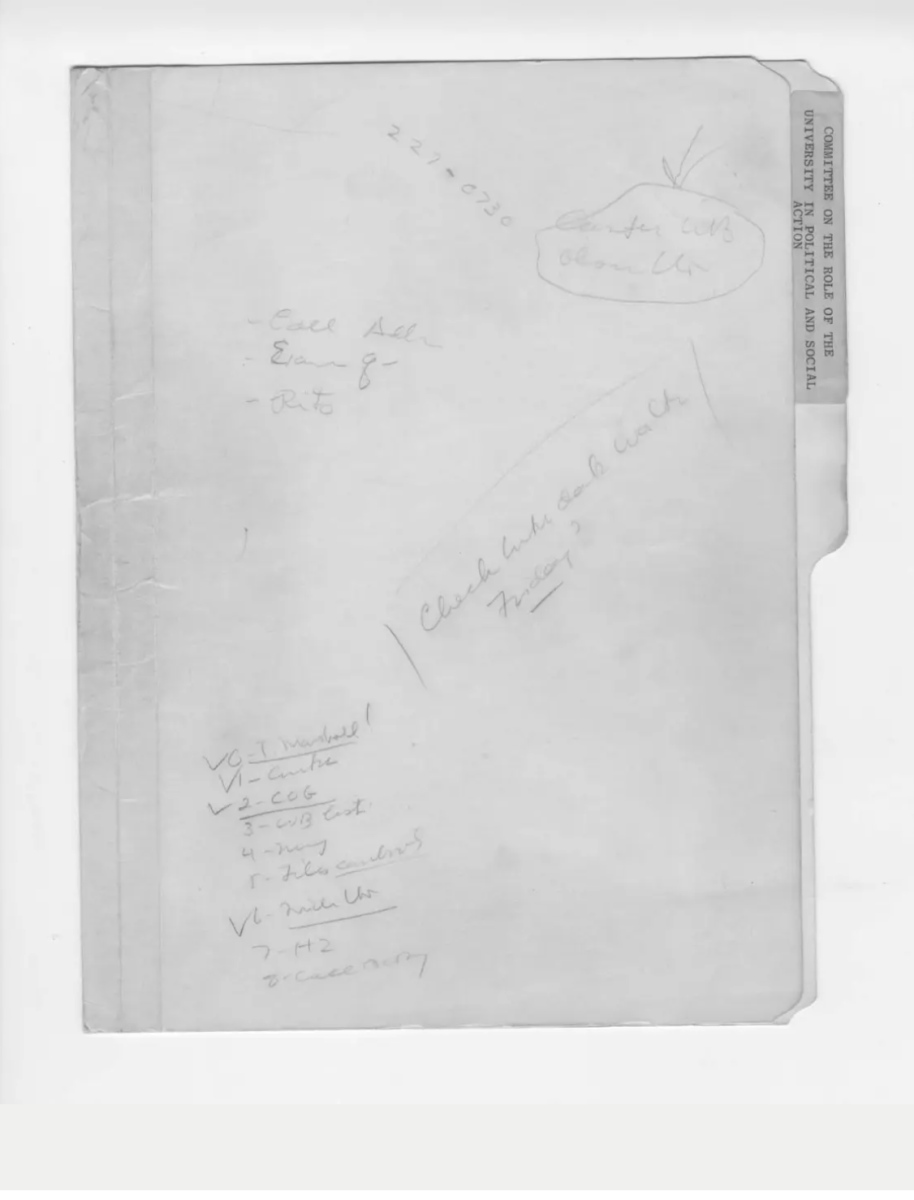
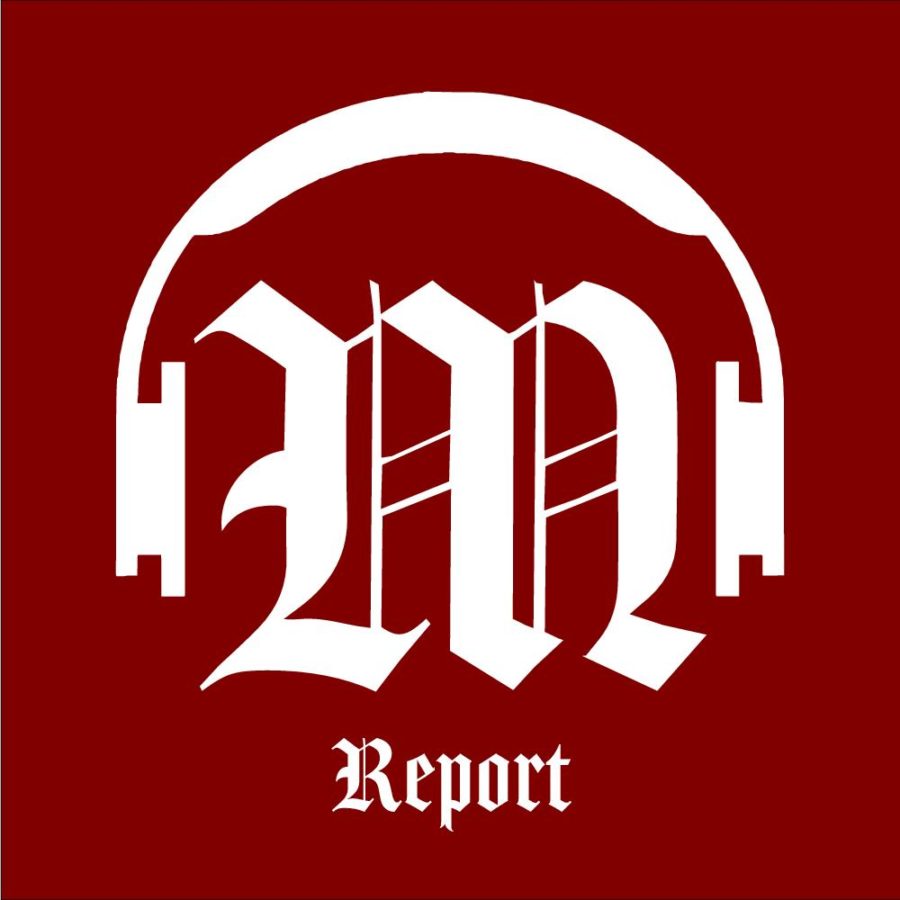
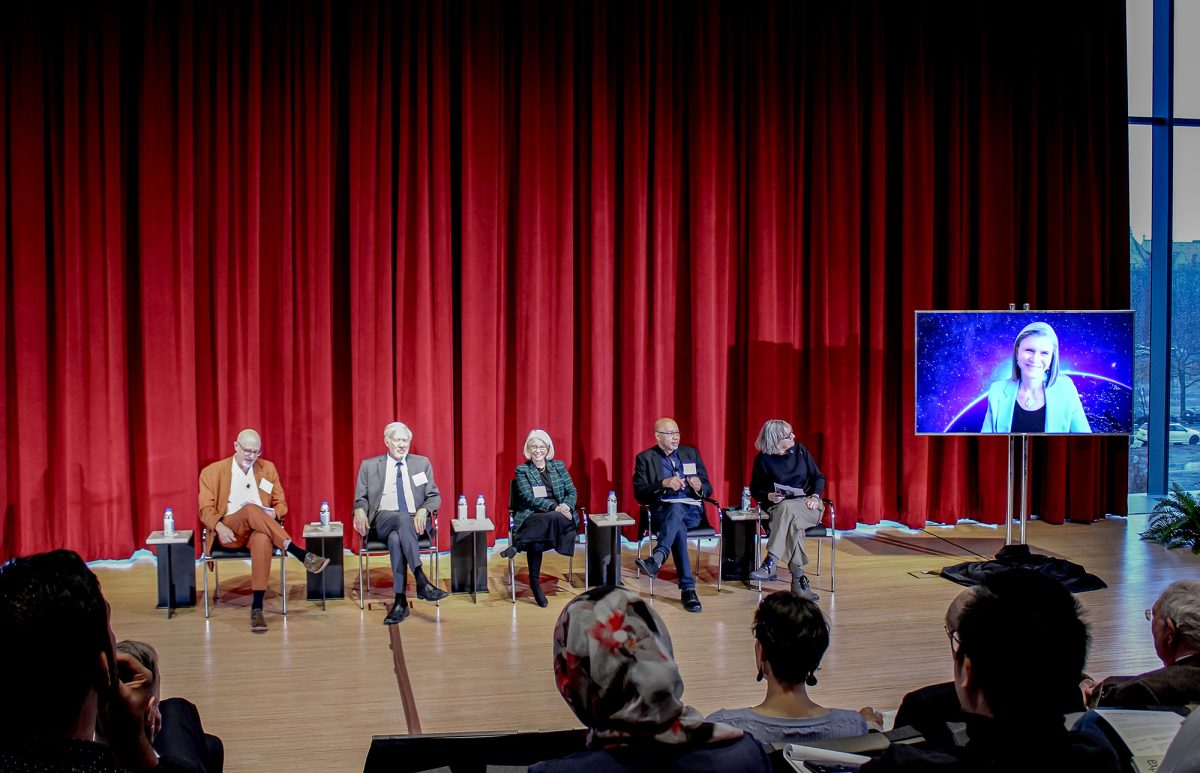

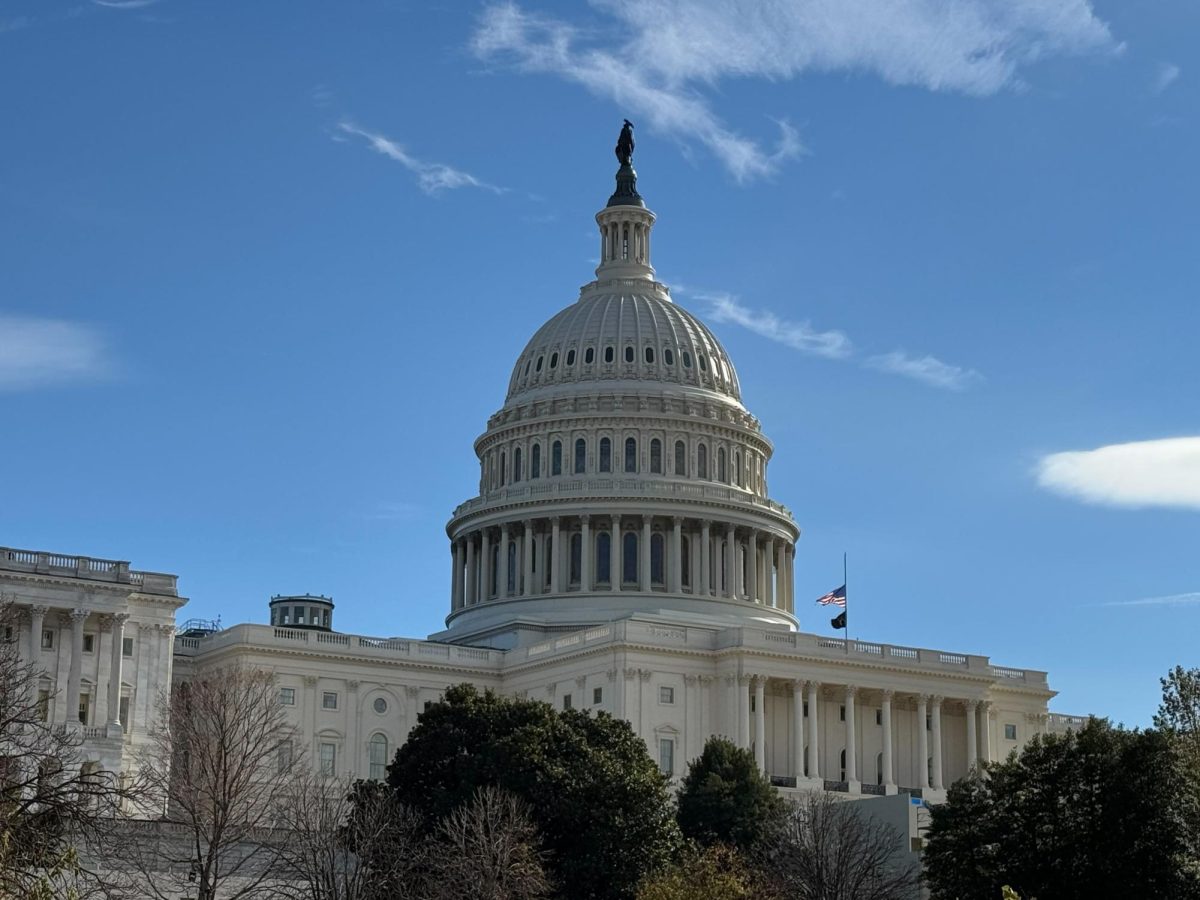






Matthew G. Andersson, '96, Booth MBA / Feb 28, 2025 at 11:42 am
The irony of Mr. Kalven’s position is pronounced. He argues for an “exception” to speech objectionable on ideological grounds, but provides no rationale for his insertion of personal values, or neutrality exception. He does not define “interest,” “threat,” “obligation,” “oppose,” or “defend.” These are terms of abstraction, inviting interpretive flexibility, or abuse. For example, the University’s policy documents assert a right to invent any form of speech control or disciplinary action, deemed necessary to protect “vital interests.” University biosecurity protocols demonstrated such flexibility and interests, despite their extralegal First Amendment framework. Mr. Kalven excludes war crimes from exception, described by Professor John Mearsheimer for example, but federal inquiries into university costs evidently justify institutional resistance, triggering neutrality exception and obligation, ex facie. Mr. Kalven undermines the Kalven Report, making it, as the Law school generally treats the Constitution, subject to convenience, meaning that both are therefore deemed neither obligations, nor authorities, but formalities. It is not clear what the Forum’s pedagogic utility is, except to demonstrate private agenda as public interest, and political partisanship as institutional cause, in the process negating the Kalven Report, and biasing the Chicago Principles.